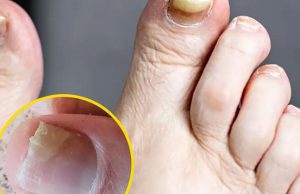High blood sugar (hyperglycaemia) is where the level of sugar in your blood is too high. It mainly affects people with diabetes and can be serious if not treated.
People with diabetes can also have blood sugar that’s too low. This is called low blood sugar (hypoglycaemia).
High blood sugar levels
If you have diabetes, you can find out if your blood sugar level is high by having a blood sugar (blood glucose) test.
You may have regular tests by your care team or GP surgery, or you may have tests you can do at home.

Symptoms of high blood sugar

Elevated blood sugar ranges don’t essentially imply that you’ve got diabetes, as excessive blood sugar is a symptom od diabetes.
In some circumstances, individuals with hyperglycemia, don’t expertise any indicators of the situation.
Nonetheless, these are the commonest signs of excessive blood sugar:
– Frequent urination and/or urination through the night time
– Blurred imaginative and prescient
– Issue concentrating
– Dry mouth
– Impotence
– Recurrent infections
– Sluggish therapeutic of cuts and wounds
– Abdomen issues
– Fixed fatigue or excessive tiredness
– Elevated thirst
– Dry and itchy pores and skin
– Fixed starvation
– Extra stomach fats/weight acquire
– Nerve issues
Causes of high blood sugar
Common causes of high blood sugar in people with diabetes include:
– being unwell
– feeling stressed
– eating too much sugary or starchy food
– being less active than usual
– missing doses of diabetes medicine
– You can also get high blood sugar if your diabetes medicine is not working well, you’re taking certain medicines (such as steroids) or you recently had an operation.
How to lower your blood sugar
If you have diabetes, it’s important to try to stop your blood sugar level getting too high.

Sources: lifefunfacts.com, nhs.uk




















